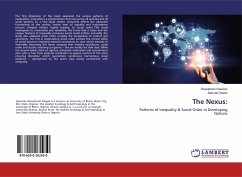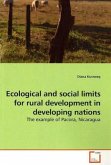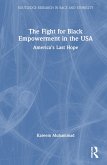The first dimension of this book examined the various patterns of inequalities. Inequality is a phenomenon that cuts across all societies and all social spheres; to a very large extent, inequality affects the adequate functioning of the society, certain level of equality and inclusiveness ensures compels citizens loyalty leading to social order. This study investigates its universality and variability, the forms that it takes and the unique features of inequality processes across social entities. Secondly, the study also explored social order x-raying the perspective of control and autonomy. The first in emphasizing social order posited the central utility of social structure imposing external constraints on man which extends to internality becoming the moral compass that enables equilibrium, social order and society attaining sui genres - this are mostly the elite class. While the second makes claim on agency, subversive rationalism and autonomous man who is free from external constraints as against control of the actor ensuring liberation which guarantees continuous harmonious social existence - represented by the lower class mostly confronted with inequality.
Bitte wählen Sie Ihr Anliegen aus.
Rechnungen
Retourenschein anfordern
Bestellstatus
Storno








